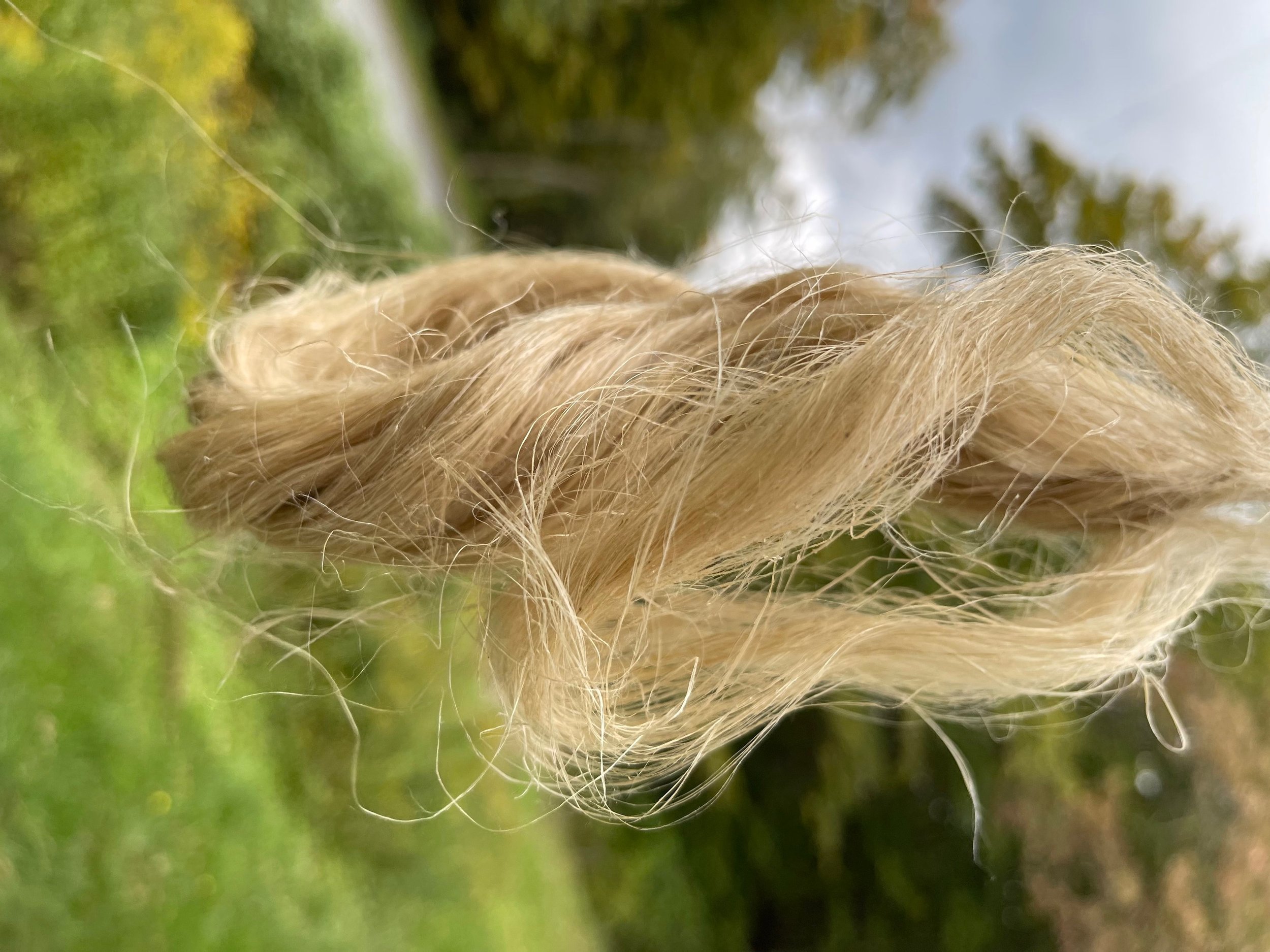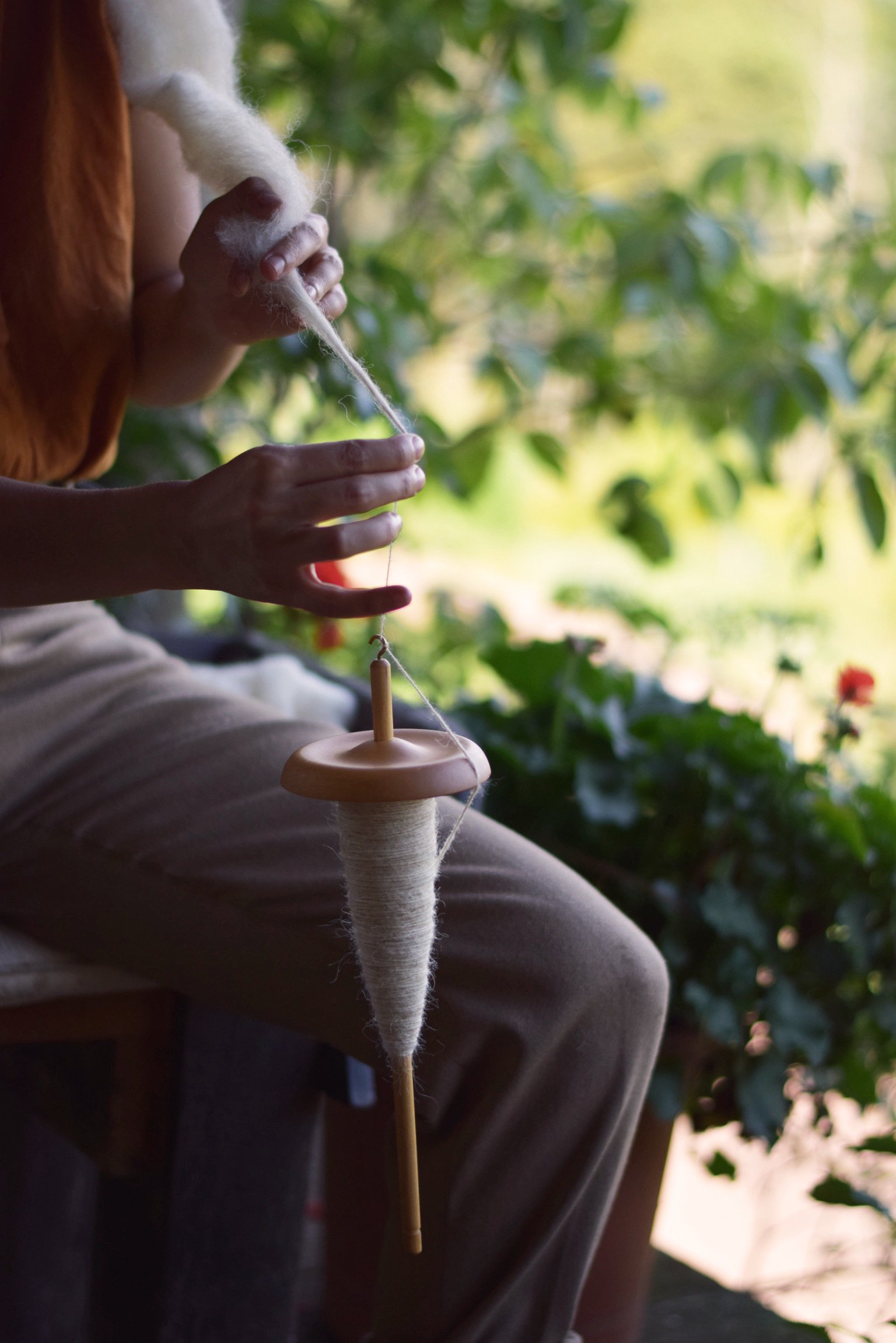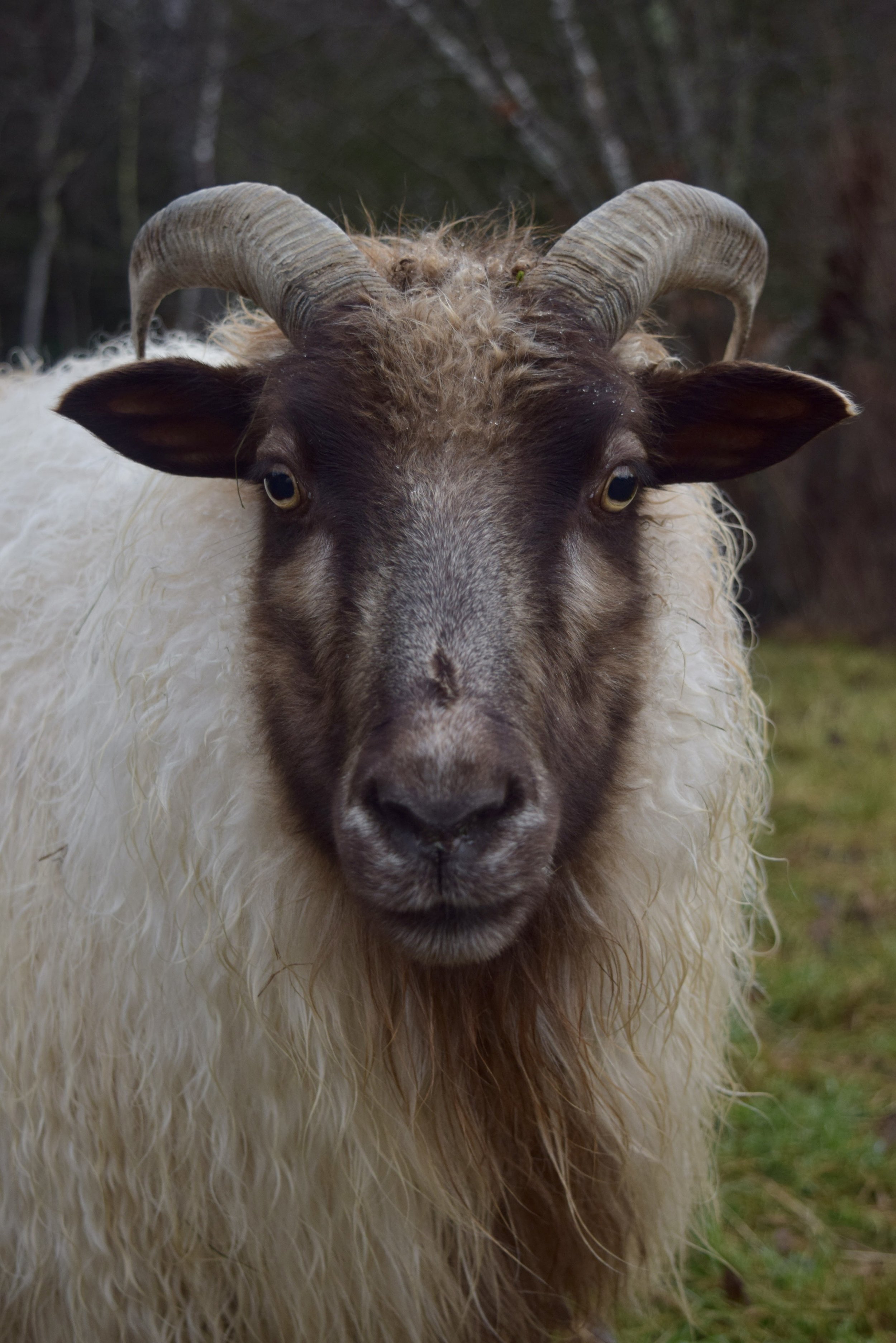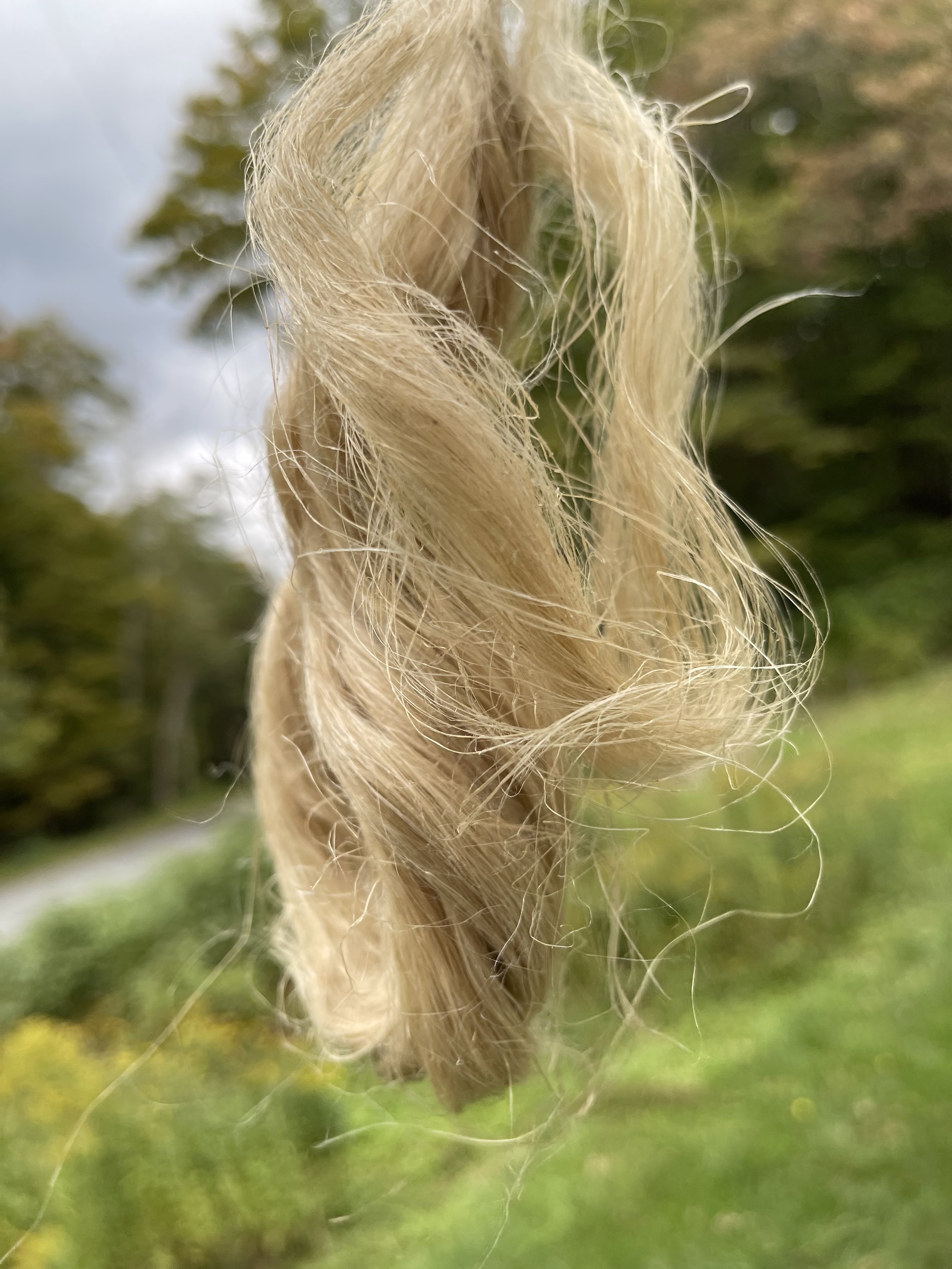
Fiber Arts on the land
Building a connected future, one fiber at a time!

2025 Fiber Arts Residency
Together with Catskill Art Space, Gael Roots Community Farm will be Hosting A Fiber Arts Residency.
Fiber artists are encouraged to apply for a fiber arts residency on Gael Roots Community Farm in Livingston Manor, NY. Jointly hosted by Gael Roots and Catskill Art Space (CAS), artists are encouraged to utilize the available plants and wool on the farm and engage with the fiber flax process. We are seeking fiber artists interested in a unique opportunity to live and work on a farm , with an emphasis on fostering a deeper connection to the fibers they incorporate into their craft. Artists are invited to participate in farm activities (including farm-to-table meals) and interact with the farm team, local artists Samm Kunce and Amy Gillingham and farmer Iris Fen Gillingham, and the people that visit the farm. The artist is provided a private bedroom and shared bathroom, with three meals daily. They will have their own sun-filled south-facing 19 x 7’ studio in the farmhouse for nine days over September 6 - 13, 2025. CAS will provide an artist honorarium of $1,500, which can be applied to travel. Artists are invited to share their experience on the farm and present their work and practice to the public at CAS on the culmination of the residency on September 13, 2025. Submissions are due April 1, 2025.
Gael Roots is named after the Gaels, the ancient people of Ireland and Scotland, because the organization values a reciprocal relationship with nature. It includes a dozen heritage breed Icelandic and Shetland sheep and lambs, highland cows, a kitchen garden of vegetables, herbs, wild and cultivated dye plants, and fiber flax.
2025 applications are now closed. Join our email list to be notified about other fiber arts opportunities!

View from the Gael Roots farmhouse where the artists studio space is located

Cuddling with one the Shetland ewes, Lunna, who produces wool on the farm

Hand spinning yarn from the wool of Icelandic sheep raised on the farm

Handspun yarn dyed with wildflowers

Handspun, naturally dyed, and handwoven shawls from wool from Icelandic and Shetland sheep raised on the farm. Shawls made by fiber artist and farmer Amy Gillingham

Dye samples on cotton and silk created by 2024 Fiber Artist Davana Robedee

Weaving in the works by 2023 Fiber Artist In Residence Sophy Naess

Yarn dyed by the 2023 Fiber Artist in Residence. The colors came from plants harvested around Gael Roots and Wild Roots.

Harvesting golden rod for dyeing wool

Naturally dying wool with goldenrod flowers that grow abundantly on the mountain

One of the Icelandic ewes

Harvesting fiber flax in August of 2022

A fiber flax bundle ready for drying

Fiber flax processed by the farms neighbor and local artist Samm Kunce

Color samples of natural dyes from the farm harvested during one week in August

Sheep gathered in fall pasture